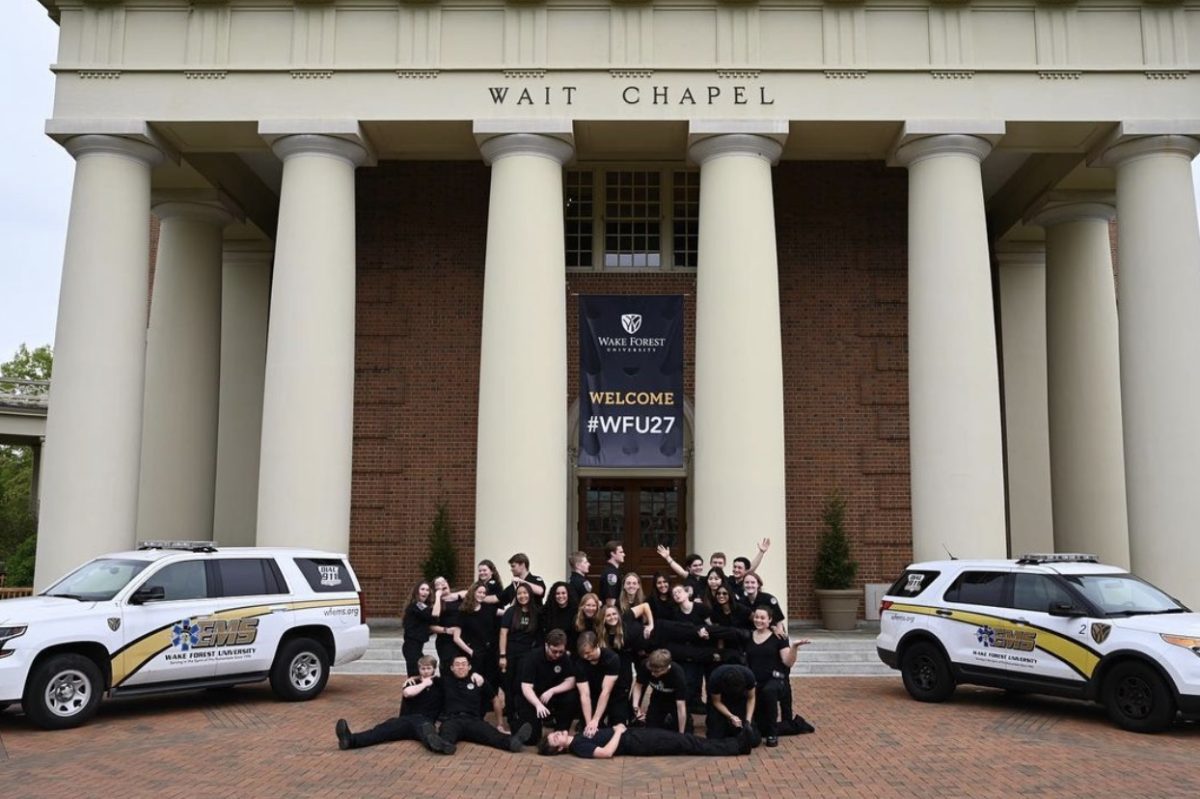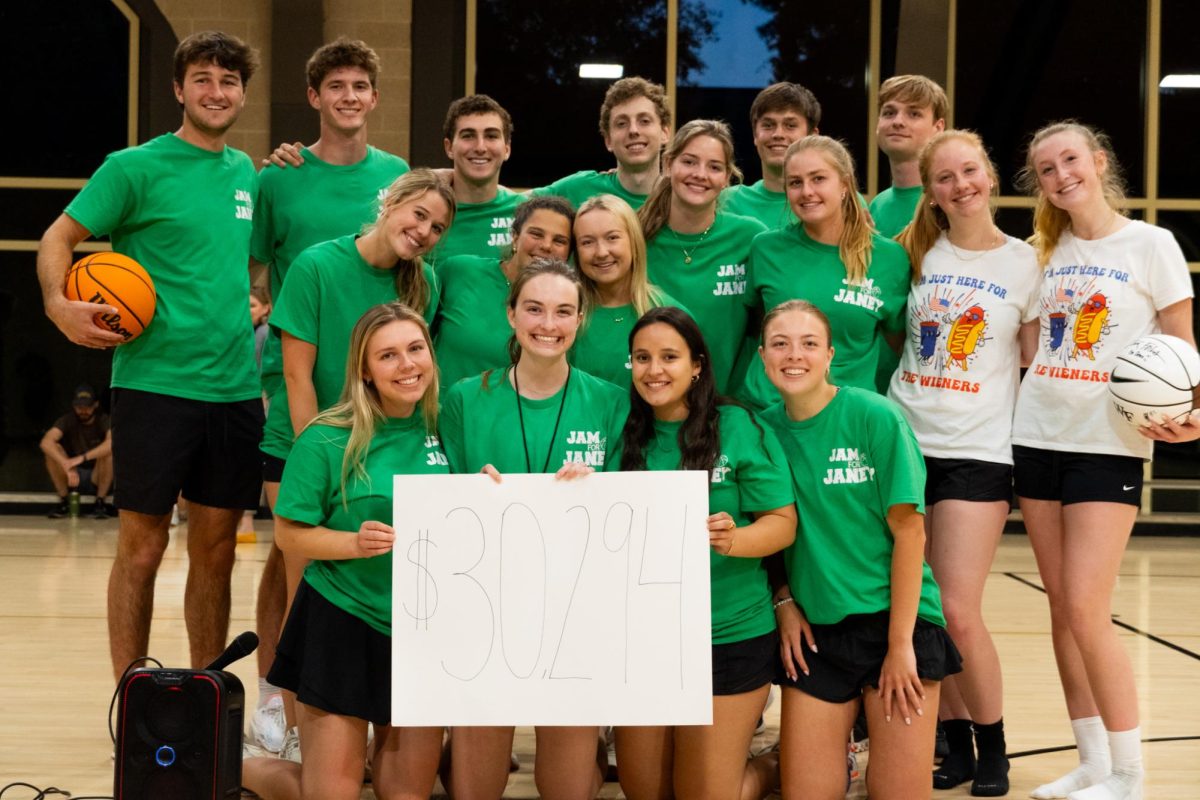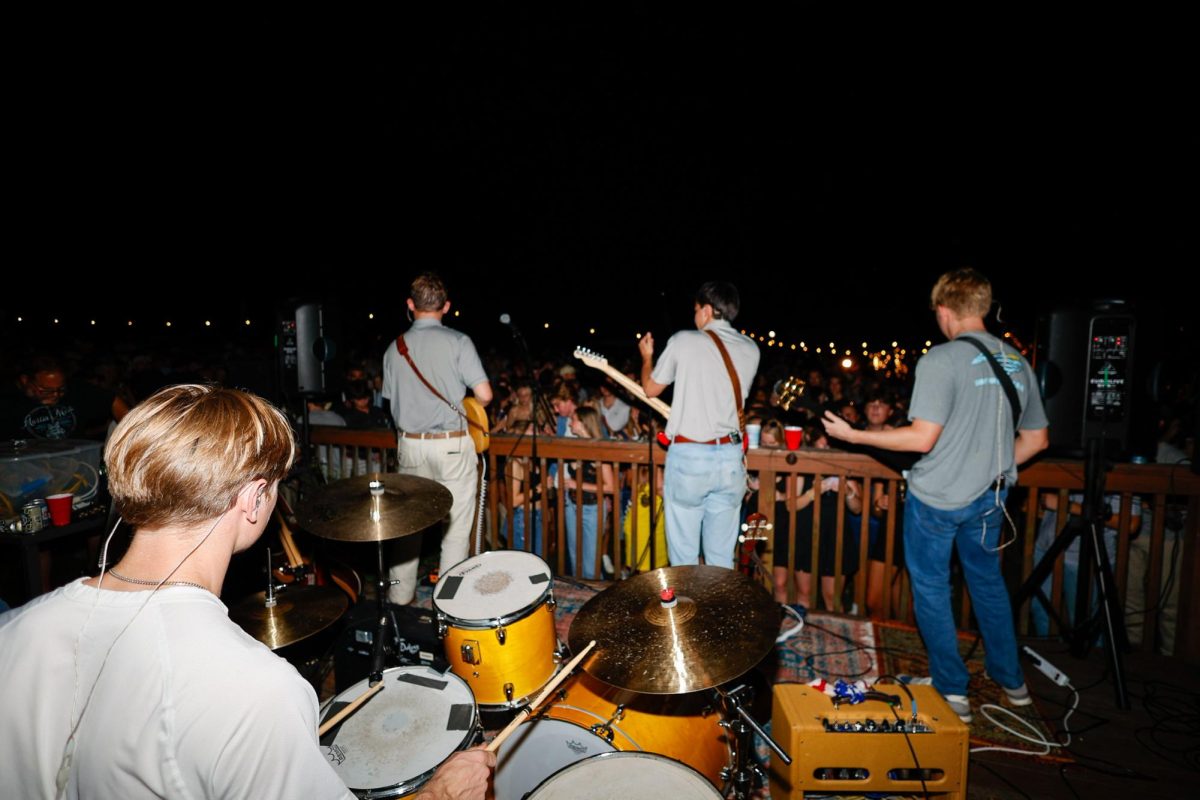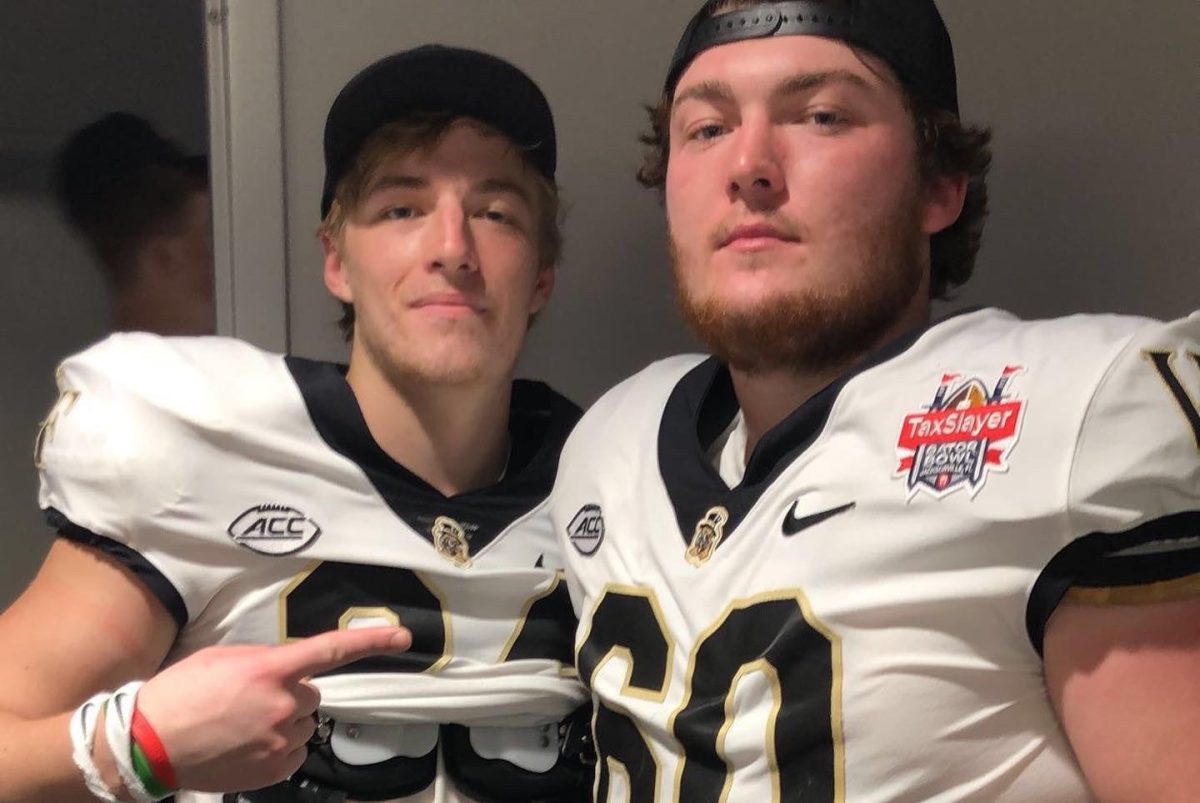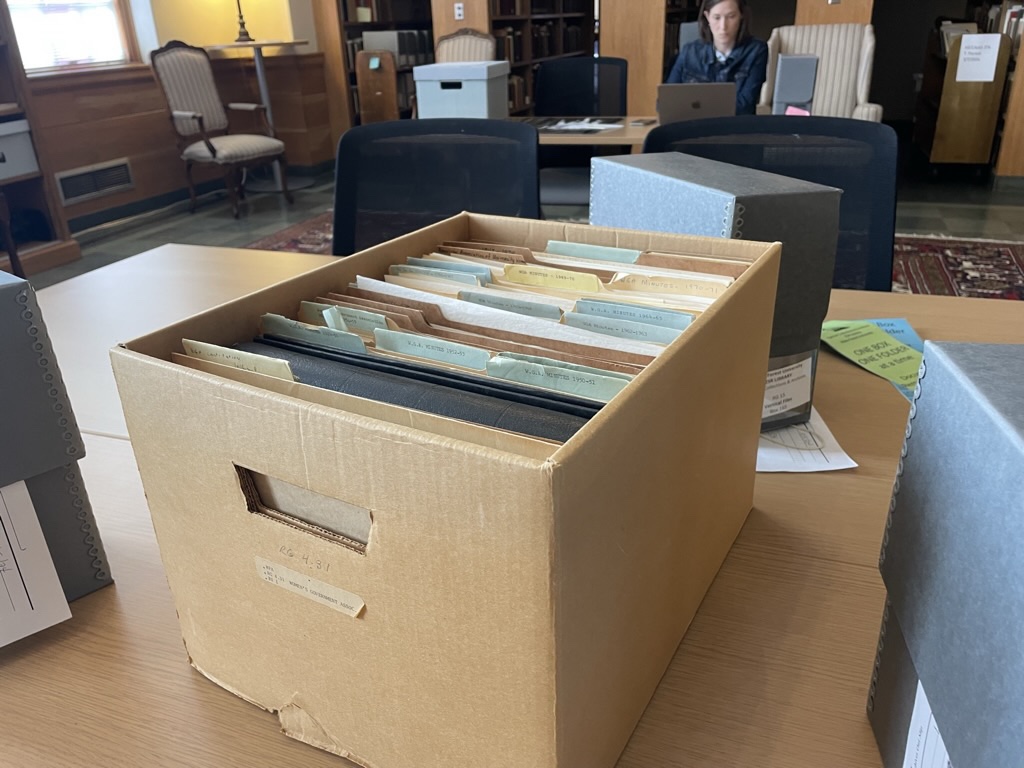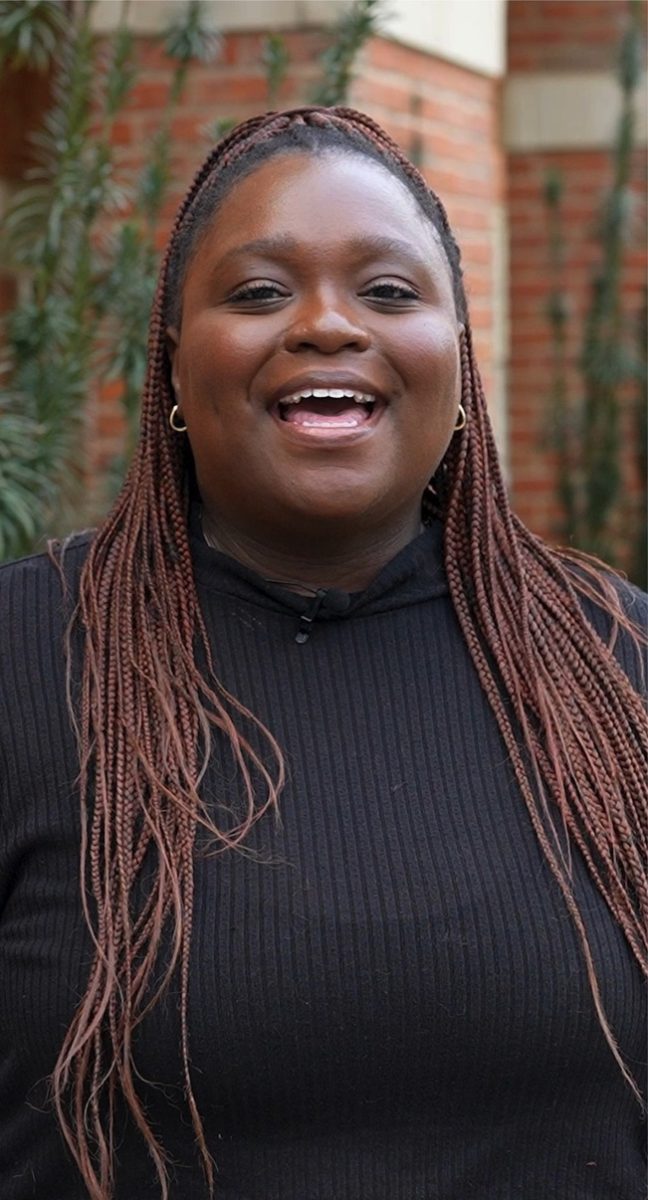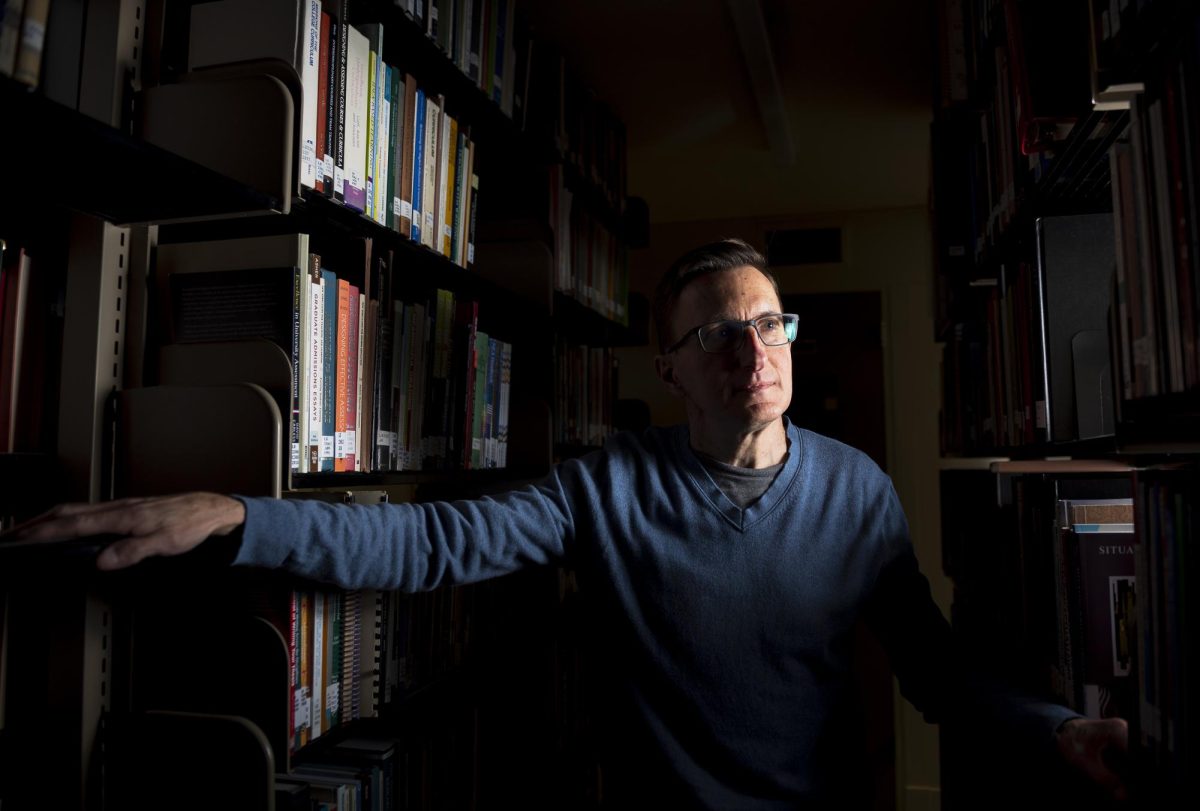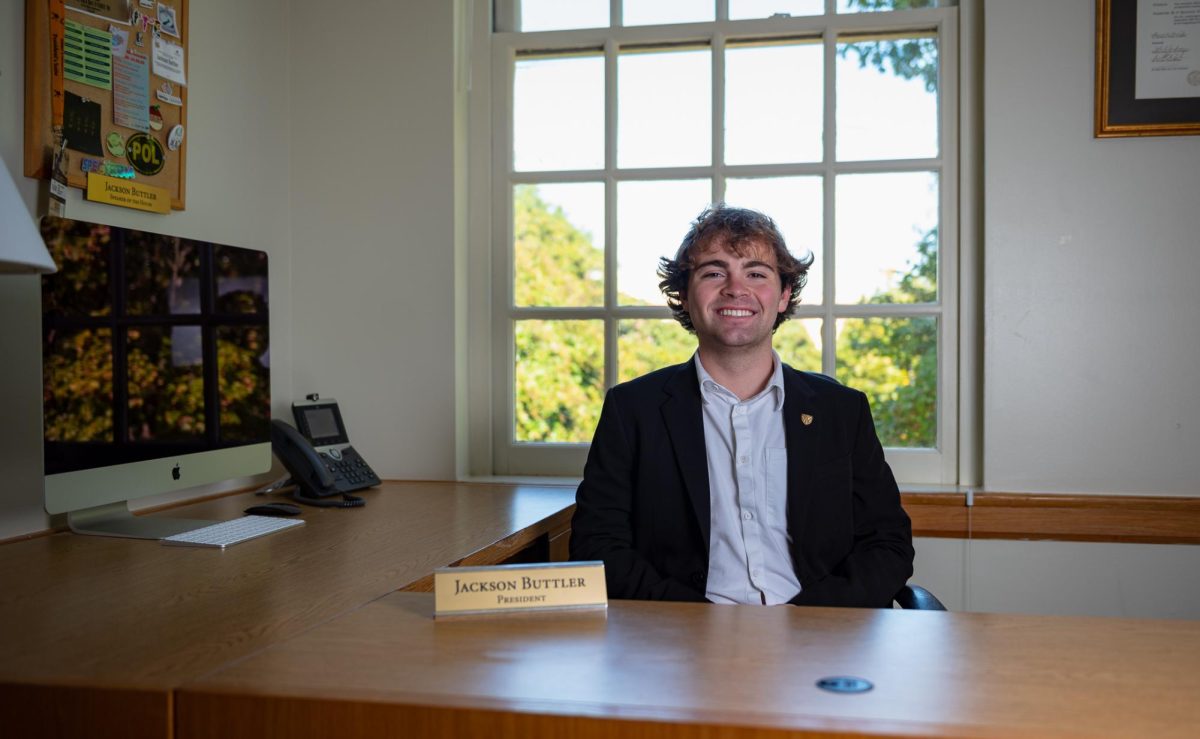As the next generation of doctors, surgeons and healthcare professionals begin their academic journey at Wake Forest, the Emergency Medical Services (EMS) organization creates an opportunity for exposure and hands-on experience.
The EMS at Wake Forest serves the campus community by responding to emergency calls and providing a glimpse of the medical profession to prospective students. Currently, the EMS group at Wake Forest is preparing for “EMS Appreciation Week,” a week-long celebration of the work done by the organization on campus geared towards community engagement and public learning.
“This [is an organization] where you get to actually see patients, work [and] do medicine,” Hank Laxton, a senior and the chief of EMS at Wake Forest, said. “That’s something you don’t get to do until you become a doctor […]. [It’s] a lot more hands-on than anything else.”
Molly Siebert, a senior, is the captain of the Wake Forest EMS. In an interview with the Old Gold & Black, she discussed the benefits of exposure to practicing medicine and its benefits.
“Here it’s great because we have a lot of connections with the medical school … so [I’m] training for the medical school with current med students, and also with attending physicians,” Siebert said. “Our medical director is an attending at the medical school, and he’s a doctor in the ER at Interim Health Wake Forest Baptist Hospital. It’s just a lot of seeing the future and the next step.”
Makayla Kohler, a junior and full member and lieutenant of Wake EMS, spoke about the effects of patient contact and practicing patient interactions.
“[EMS is] a great way to become more comfortable speaking with patients and learn how to meet patients where they’re most comfortable […]. It teaches you how to connect with patients on a deeper personal level,” Kohler said.
A typical shift as a Wake EMT includes being on call and prepared for whatever situations arise.
“We all meet up at Student Health and run through scenarios to get our minds primed for the night and thinking in a medical sense and how we run through calls,” Kohler said. “Then we have an app on our phone that alerts us … we stay in our uniforms throughout the shift and then we drive over to … help whoever needs help.”
While learning and practicing medicine is a good way for students to learn about the medical field, the job has its stressors, according to Kohler.
“Some of the calls can be emotionally taxing… that teaches you what the future is going to be and how you need to cope with things like that in the future,” Kohler said.
Laxton also emphasizes the importance of learning, coping with stressful situations and connecting with others.
“You’re actively working with people, so it depends on the day,” Laxton said. “Sometimes you’re in really stressful situations and you’ve got to figure out how to manage that with a cool head. I think that’s really important and something I’ve taken away from it. Learning how to work with people who are very different from yourself is really a big part of it that I’ve enjoyed.”
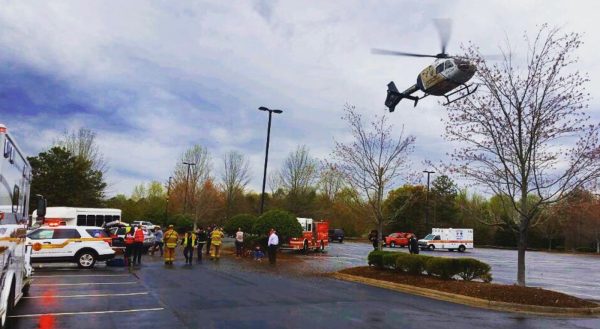
Wake’s EMS is also taking steps to be more proactive and make campus safer.
“We are putting stop-the-bleeding kits with tourniquets and bleeding control tools in every AED on campus,” Siebert said. “One of the benefits of us being on campus is that we can respond really quickly to any issues […]. If it’s in your building [we] can respond even quicker and save people even faster.”
EMS is also hoping to pursue events similar to Wake Forest’s Face-to-Face events. Laxton plans to bring in hospital members and physicians, medical school students and residents to talk to the study body about their experiences. He hopes this will be especially beneficial for pre-med students.
On the horizon is the upcoming EMS appreciation week, beginning Nov. 11, which will provide the opportunity for the organization to engage with the campus community.
“We haven’t done this since ‘pre-covid,’ but we have enough members now to be able to do it again,” Laxton said. “That’ll be a week of training and [activities] with the campus. We’ll be landing a helicopter, which will be really cool […]. We’ll be doing that and working with air care from Baptist hospital.”
Kohler also shares the benefits of engaging with the Wake community.
“I think people are pretty aware that it’s on campus, but [it’s] putting a face to the names and recognizing that we’re not scary people at all, and we’re only here to help,” Kohler said. “[We’ll be] teaching the community cpr and more […] to get to know us and make it less scary on campus. It’ll be a really great opportunity.”


